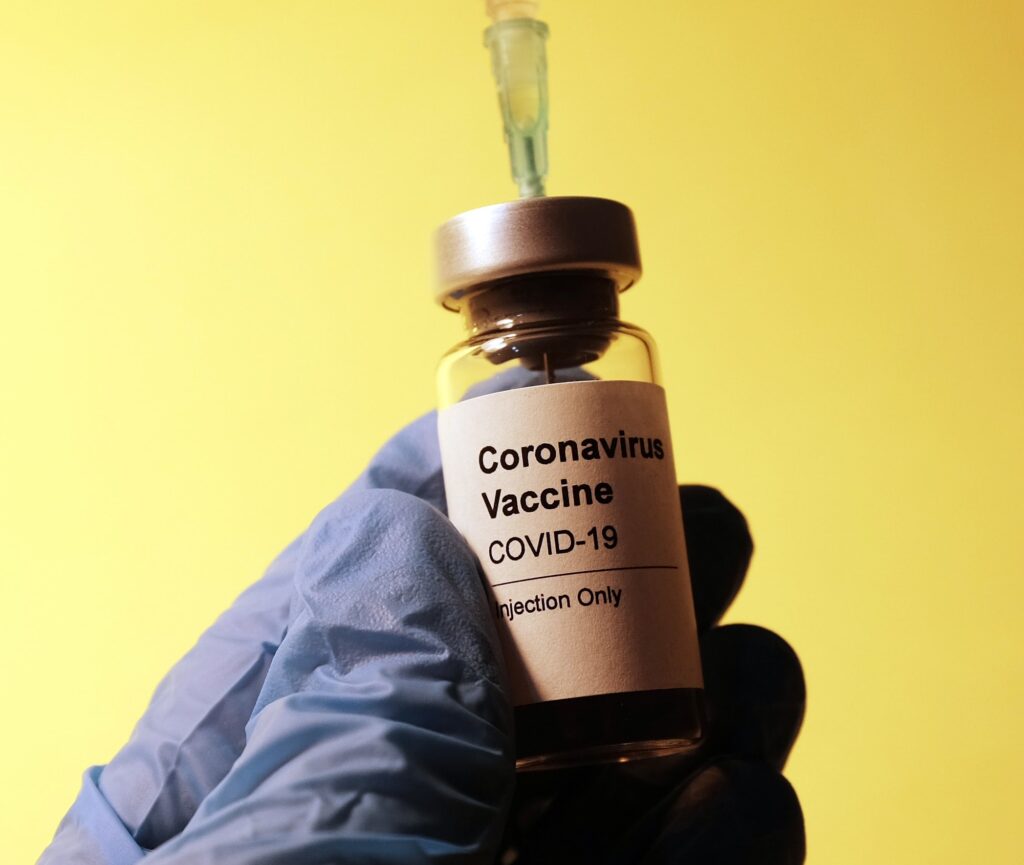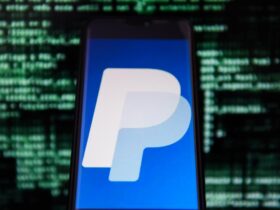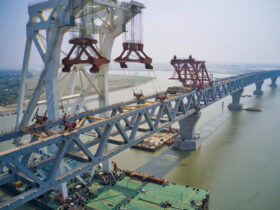By: Ngai Yeung and Thomas Chow
HONG KONG — While many countries have been devastated by the pandemic, Hong Kong has done fairly well in containing the spread of the virus. In total, the country has only accumulated approximately 12,000 cases within a population of 7.5 million.
However, the vaccination program that began in late February has been underwhelming, despite an abundance of supply, with merely 10.7% of the population receiving the first jab as of April 23. Efficacy issues associated with the Sinovac vaccine and general distrust toward the local and Chinese government has led to the poor vaccination rate.
Hong Kong is not known as an anti-vaccine city. Citizens are generally aware of public health issues and willing to participate in mass vaccination programs, especially after the SARS outbreak in 2003 took almost 300 Hongkongers’ lives and dampened the city’s economy. Between late 2019 and mid 2020, an estimated number of 1.2 million Hong Kong residents received flu vaccinations under government programs.
Since February, Hong Kongers have been able to choose between two COVID-19 vaccines: Sinovac, developed by Chinese biopharmaceutical company Sinovac Biotech and endorsed by the Hong Kong government, and BioNTech, jointly developed by American company Pfizer and German company BioNTech. However, efficacy issues with Sinovac has made the vaccine-accepting public more resistant toward taking the Chinese vaccine.
Sinovac, a COVID-19 vaccine candidate developed by Chinese biopharmaceutical company Sinovac Biotech, began its Phase III clinical trial in July 2020. However, the company has not made its development process transparent. Normally, vaccine companies publish data from their Phase III clinical trial in peer-reviewed journals before obtaining approval from authorities. Sinovac has not published details on its vaccine in a journal. In contrast, Pfizer-BioNTech and Moderna released their Phase III trial data in the New England Journal of Medicine in December 2020.
In January, before the vaccine was rolled out in Hong Kong and other countries, Sinovac was reported to have an efficacy rate of about 50%, according to Butantan Institute, a Brazilian medical research center. Chile’s recent vaccination program with Sinovac boosted the estimated rate to 56.5%, raising it slightly above WHO’s efficacy requirement of 50%. In comparison, BioNTech is reported to have about 90% efficacy rate, while AstraZeneca’s vaccine is estimated at approximately 75%.
Another concern with Sinovac is its efficacy within elderly populations. During its Phase III trial in Brazil, Sinovac did not gather enough data for its effect on individuals over the age of 60. Only 413 participants over 60 completed two doses in the clinical trial, not enough to have statistical implication.
The company has even released a disclaimer about the lack of data on elderly individuals. According to Pak-leung Ho, leading microbiologist at the University of Hong Kong, the Chinese government does not recommend the Sinovac vaccine for individuals over 60. He suggests that Hong Kong can learn from Macau’s vaccination policy, where individuals over 60 will need to consult medical professionals before taking the vaccine.
Currently, Sinovac is being distributed in countries across all continents, including Brazil, Turkey and Indonesia. Many government officials from these countries have reassured their public about the Sinovac’s effectiveness, including Khairy Jamaluddin, Malaysia’s science minister who posted on Twitter after taking the first shot of the vaccine. Singapore, however, has let its Sinovac supply sit in storage after receiving them in February, citing the lack of data as the reason the government has not approved the vaccine yet.
Despite all this, regulators approved the vaccine for use in Hong Kong in February of this year. Local media outlets cast doubt over the rushed approval process, though the government defended its decision and dismissed doubts as a “misunderstanding of the mechanism for authorising vaccines for emergency use.”
Many citizens in Hong Kong remained wary of Sinovac. In a survey conducted by the University of Hong Kong in January, fewer than 30% of respondents considered Sinovac an acceptable vaccine, compared to a 56.5% acceptance rate for the BioNTech vaccine, the other vaccine option in Hong Kong.
Another major reason behind Hong Kong’s low vaccination rate is the public’s deep distrust of government. Since the city’s Chief Executive Carrie Lam instigated mass protests over an extradition bill two years ago, her approval ratings have plummeted to historical lows. Her government is also widely regarded as pro-Beijing, especially amid recent electoral reforms where only “patriots” are permitted to run for office.
Residents are particularly skeptical about Lam’s enthusiastic endorsement of the Chinese manufactured Sinovac. When an alliance of hospital employees warned older residents about Sinovac’s lack of sufficient trial data, Lam slammed the group for spreading misinformation. In another case, a private clinic was dropped from the government inoculation programme after it promoted BioNTech over Sinovac and cited their efficacy rates as evidence.
So far, 15 people have died after receiving vaccines in Hong Kong, 12 of whom received Sinovac jabs. Health officials have repeatedly stressed that the deaths are not linked to the vaccines, though the public remains highly skeptical.
“According to the government, none of the deaths are related to the vaccine,” Hong Kong resident Belinda Lin told the Associated Press. “Most of the patients had cardiovascular conditions, so there must be some association, but the government seems to be trying to dissociate it.”
In March, the government suspended BioNTech shots for two weeks after a batch was discovered to have defective packaging. Authorities threw away the batch, a decision that several medical professionals questioned and likened to destroying evidence.
“I am quite surprised that the Hong Kong authorities said that they had already discarded all the problematic bottles,” said Alvin Chan, a co-chairman of the advisory committee on communicable diseases and a council member of the Medical Association. “To investigate the problem, at least these faulty bottles need to be examined meticulously by the company.”
These incidents have all raised concerns about a political agenda not just behind the vaccination drive, but the government’s endorsement of the Sinovac vaccine.
As Ramon Yuen, a district councilor from the city’s pro-democracy opposition, told Bloomberg Quint, “many people are saying the government has its own agenda, and this will impact the effectiveness of public health policy.”
By the end of March, the number of people who scheduled, but skipped, their Sinovac appointments stood at around 20%, compared with a 5% no-show rate for BioNTech appointments.
Recently, the vaccination drive has seen a big boost as the government said it would ease social-distancing restrictions for inoculated people. Bookings on the day of the announcement jumped up to nearly double the number on the previous day. Around 13,500 people made online reservations for the BioNTech vaccine on the first day of the announcement, compared with 3,300 who signed up for Sinovac.
Nonetheless, no matter the incentives offered, as long a lack of public confidence in not just the vaccines, but the government, remains high, the vaccination drive in Hong Kong will stay sluggish.







